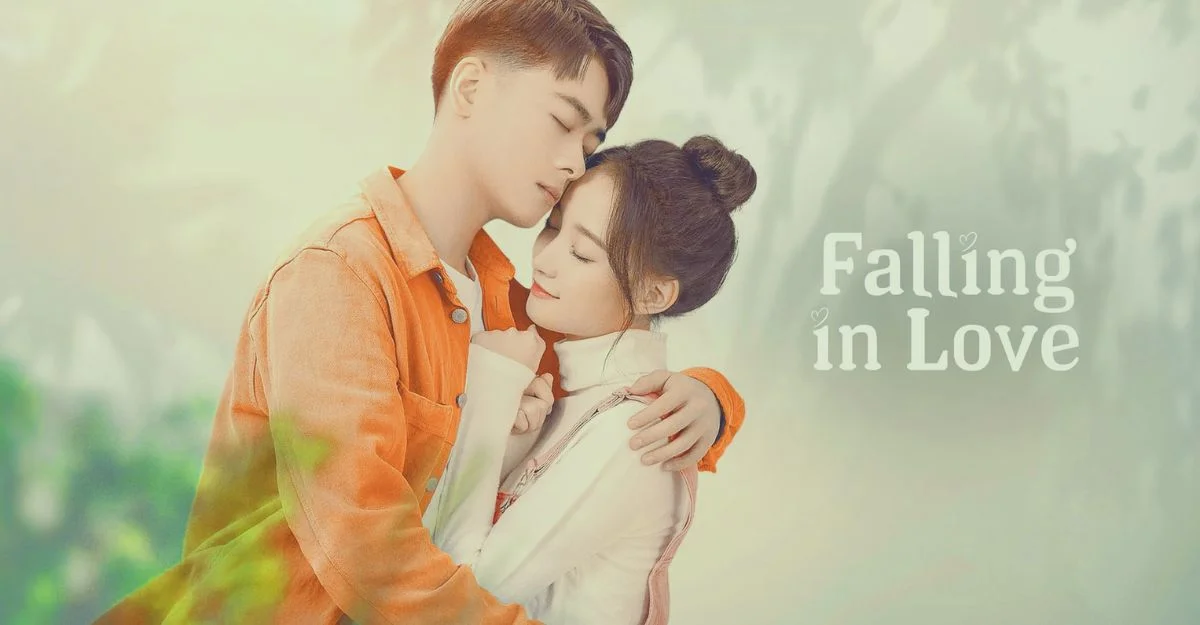Fall in love is one of the most exhilarating experiences in life. It’s an emotional rollercoaster filled with joy, excitement, and sometimes uncertainty. But what really happens when we fall in love? Why do we feel so strongly drawn to someone? Let’s dive into the intricacies of love and understand how this beautiful emotion unfolds.
Most individuals at some point in their life will experience Fall in love, be in love, and contemplate the issues that arise from love and being in love. Love is perceived and defined in many ways. Love is commonly used in our everyday speech inside and outside social and romantic relationships. Various researchers view it as different constructs made up of different combinations of feelings. Love can be a satisfactory state if “it feels good.” A more detailed definition describes love as “a long-term, intense feeling of pleasure derived from a partner, accompanied by physiological and psychological arousal, based on the partner’s unique qualities, and associated with physiological reactions typical of the fight-or-flight response.” It was defined unconditionally as a component of a triangular theory of love, as “intimacy + passion + commitment”; each different combination resulting in different love types.
Psychology, especially positive psychology and the psychology of happiness, is supposed to be interested in actual positive topics as well as being interested in the whole raft of human feelings and emotions, including romantic love. Love is also an interesting topic in the field of applied (biological, evolutionary, cultural, or neuropsychology) as well as in applied branches in general. Not only do laypeople state that romantic love is a positive label, but the spread in popularity of scientific podcasts and sensationalistic TV documentaries tries to affirm the deep physiological attractiveness of being in love as well. However, falling in love and being in love are not closely corresponding, and feelings can fluctuate. Many researchers state that a plentiful variety of emotions can be experienced when falling in love, just as many emotions can be experienced by being in love. This can either be because there are many types of love, or it can also be thought of as a synthesis or a superposition of more than a single distinct feeling. In fact, even in the single component called “passion,” other emotions such as desire, joy, anxiety, excitement, jealousy, and so on can be expressed by it. Emotions such as doubt, restlessness, moral liability, and conflictive feelings tend not to be often related to the concept of falling in love.
The Science Behind Falling in Love
1. The Role of Chemistry
Love isn’t just about emotions; it’s also about brain chemistry. When we fall in love, our brain releases a cocktail of hormones, including:
- Dopamine (the pleasure chemical) – creates feelings of euphoria.
- Oxytocin (the bonding hormone) – strengthens connections and intimacy.
- Serotonin – influences mood and obsession over our loved one.
2. Psychological Attraction
Beyond chemistry, psychological factors play a significant role. We often fall for individuals who match our values, share common interests, and provide emotional security.
The Stages of Falling in Love
1. The Infatuation Stage
- The initial spark.
- Butterflies in the stomach.
- Increased focus on the person.
2. The Connection Stage
- Deep conversations strengthen emotional bonds.
- Shared experiences create trust and intimacy.
- Mutual admiration grows.
3. The Attachment Stage
- Love deepens and stabilizes.
- Emotional security and commitment develop.
- A sense of comfort and belonging emerges.
Signs You Are Falling in Love
- You think about the person constantly.
- You prioritize their happiness.
- You feel a deep emotional connection.
- You want to share your future with them.
Why Do We Fall in Love?
1. Emotional Fulfillment
Love provides a sense of belonging, companionship, and joy.
2. Biological Instincts
Our evolutionary nature encourages bonding and reproduction.
3. Shared Experiences
Spending time together fosters emotional closeness and long-term attraction.
How to Make Love Last
1. Open Communication
- Share your thoughts and feelings honestly.
- Address conflicts with understanding.
2. Trust and Respect
- Give each other space.
- Maintain mutual respect.
3. Keep the Romance Alive
- Surprise each other with thoughtful gestures.
- Prioritize quality time together.
Conclusion
Falling in love is a magical experience that can bring immense joy and fulfillment. By understanding its science and stages, we can appreciate its depth and make it last. Whether you’re in the early stages of infatuation or building a lasting relationship, love is a journey worth embracing.
FAQs
1. Can you fall in love at first sight?
Yes, but it’s usually based on attraction rather than deep emotional connection.
2. How do I know if it’s real love or just infatuation?
Infatuation fades, while true love deepens over time with trust and emotional bonding.
3. Can love be rekindled after fading?
Yes, through communication, effort, and reigniting shared experiences.
4. Is it possible to fall in love more than once?
Absolutely! Love is a limitless emotion, and people can form deep connections multiple times.
5. How do I make someone fall in love with me?
Be genuine, show interest, build trust, and create meaningful experiences together.

